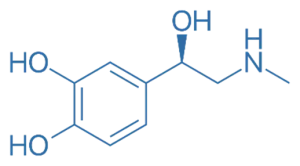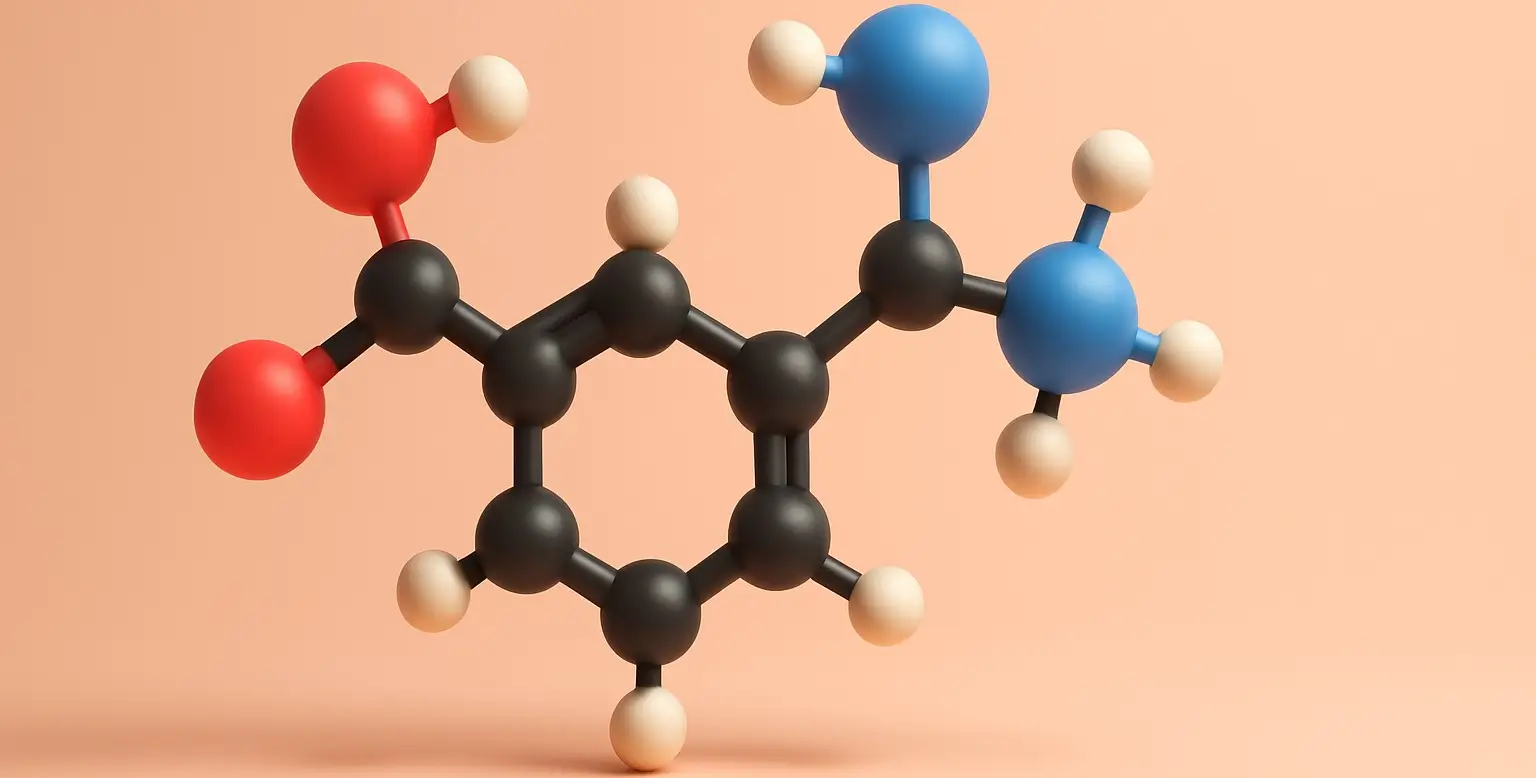- Adrenaline (also known as Epinephrine) a hormone and neurotransmitter produced by the adrenal glands, located on top of the kidneys.
- It plays a key role in the body’s “fight or flight” response by increasing heart rate, expanding airways, dilating pupils, and mobilizing energy stores.
- It prepares the body to respond quickly to stressful or dangerous situations.
Synthesis:

-
Conversion from Noradrenaline of Adrenaline:
- Enzyme: Phenylethanolamine N-methyltransferase (PNMT).
- Process: Noradrenaline is methylated to form (epinephrine).
- Cofactor Required: S-adenosylmethionine (SAMe) as a methyl donor.
- Mechanism: The enzyme transfers a methyl group from SAMe to the amine group of noradrenaline, producing adrenaline.
Significance of Adrenaline:
- Acute Stress Response: It enhances the body’s fight-or-flight response by increasing heart rate, blood pressure, blood glucose levels, and airflow to the lungs, preparing the body for rapid action.
Clinical Relevance:
- Emergency Situations: It is crucial during acute stress or danger, helping the body respond quickly to threats.
Click Here to Watch the Best Pharma Videos

